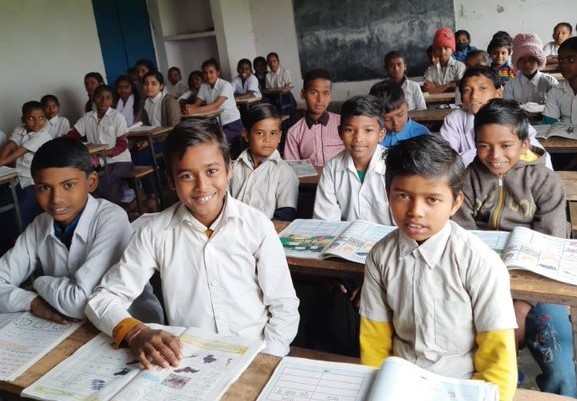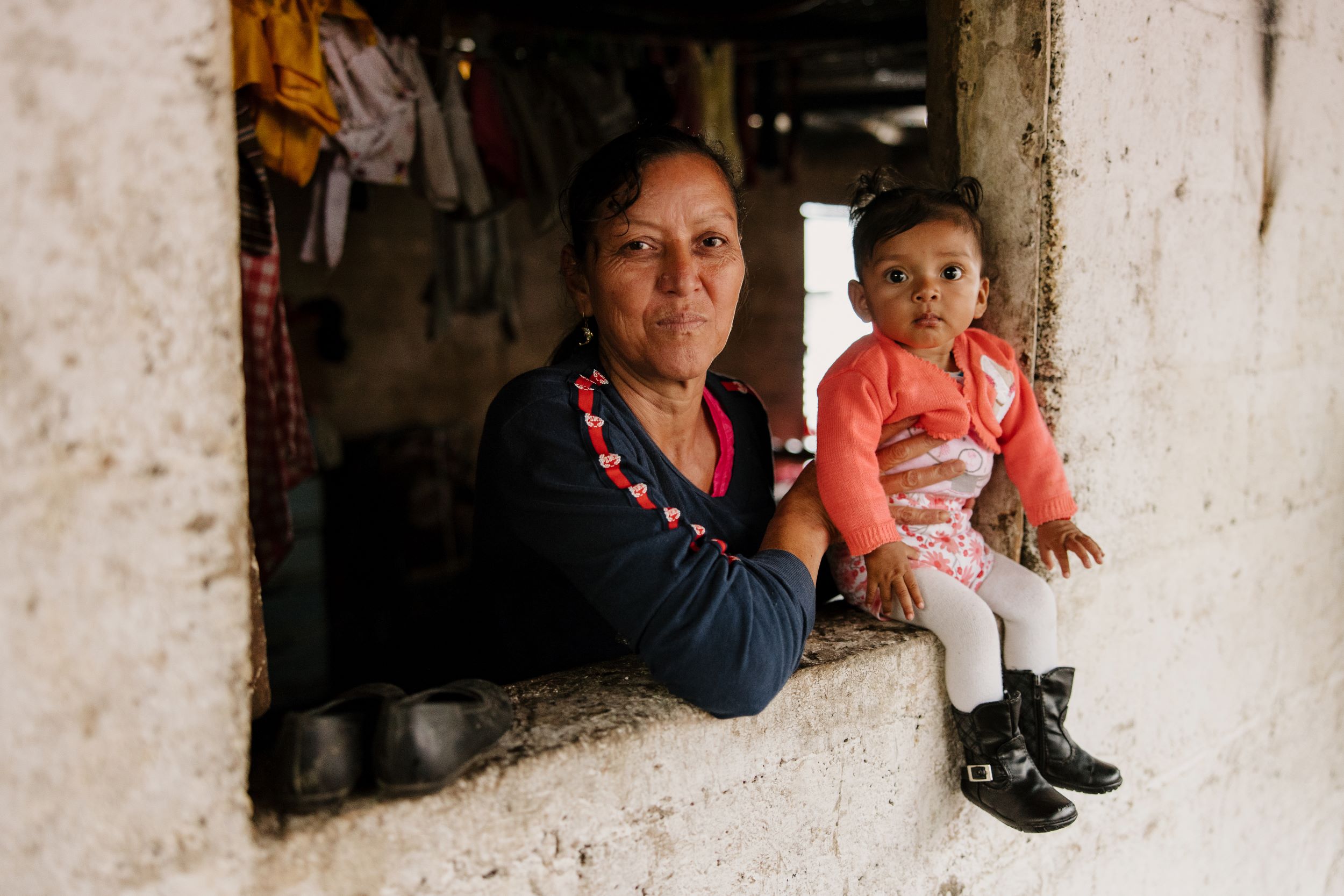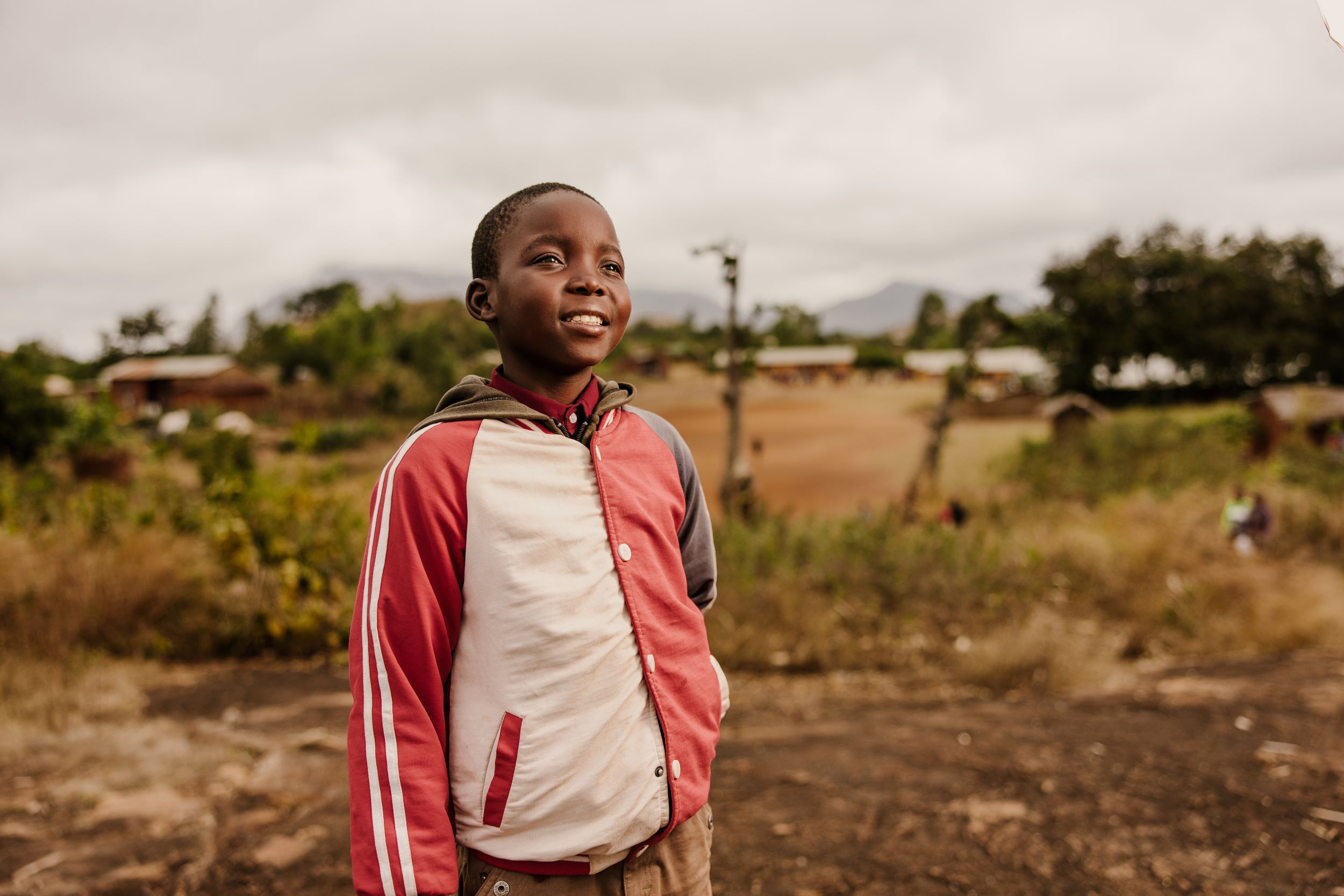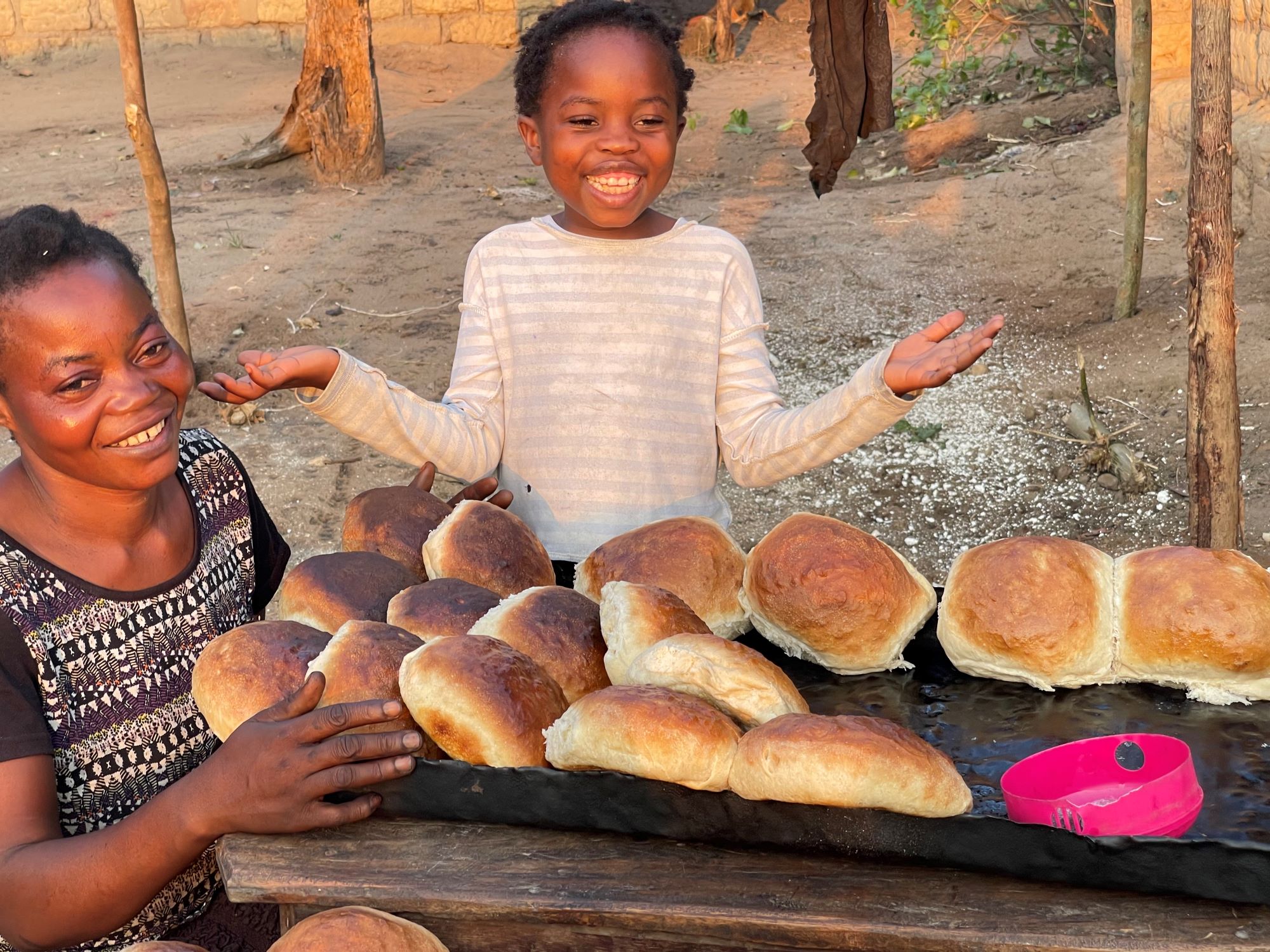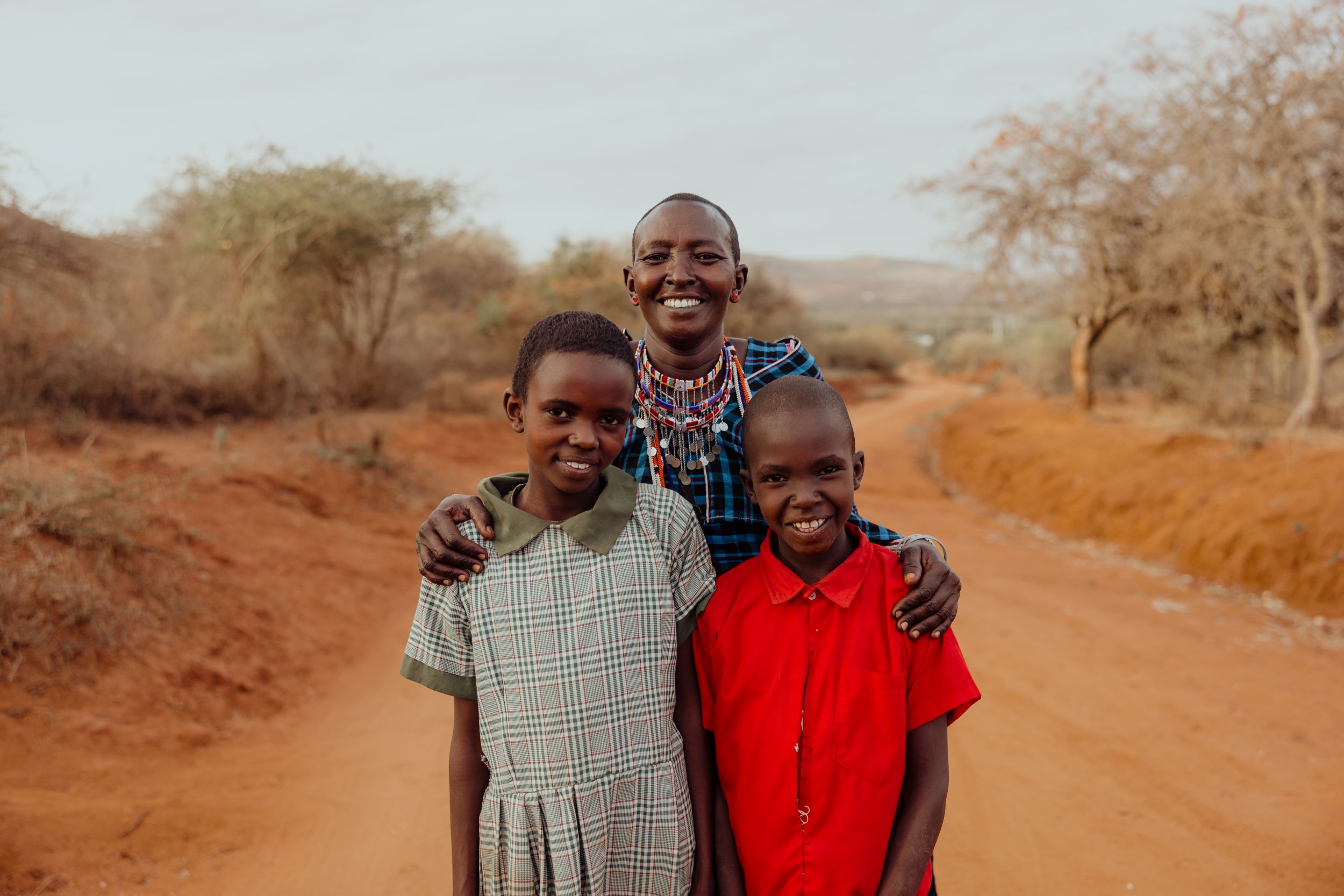
A way to overcome food insecurity
How Child Sponsorship is keeping Nasinyari and her brother fed and in school
The New Year has arrived and it’s back to work or whatever our "normal” routines involve. Parents can all breathe a sigh of relief as children head back to school and the house becomes orderly once more.
Many of us have a renewed sense of hope when January comes. It's a time to set our sights on being more healthy, getting fit, training for a challenge, trying out a new hobby. The year holds many possibilities!
But for many more – here in the UK and elsewhere – January isn’t all it’s hyped up to be. Last year’s problems haven’t gone away. Nothing has changed. Life is still hard.
Hunger levels soaring
In the places where World Vision works, conflict, disaster and the effects of climate change are making life hard for children and their families. Lives are in danger as levels of hunger soar, along with rates of child malnutrition. Families are losing everything – their livelihoods, homes, sense of security. Meanwhile, too many children are missing out on school, often because they’ve been sent out to work or married off – all in an effort to keep hunger at bay.
When there isn’t enough nutritious food, parents can feel helpless and hopeless. But thanks to World Vision’s supporters, this isn’t the end of the story for all.
“The children had to sleep without food”
In Kenya, drought has made it harder than ever for parents in Nasinyari’s community to provide for their families. Lack of rain means livestock have been lost and crops haven’t grown. This has caused food prices to soar further while incomes have shrunk.
Nasinyari, 13, lives with her parents, Hellen and James, and her brother, Soloman, nine. The family make a living from breeding livestock, but James – now in his 60s – has trouble moving around and cannot work in the field.
Like many other families in their community, it has often been difficult to cover all their needs, and sometimes there has not been enough to eat.
“After Covid,” says Hellen, “the effects hit us so hard. Our livestock were affected so much by drought and there was no business that could thrive well. Sometimes there was no food to eat. The children had to sleep without having any food and our livestock couldn’t be sold.”

The savings group
Hellen was desperate to find a way to improve the family’s financial situation. Seeing the success that women in neighbouring communities had working together to save money, she and a group of other women decided to pool their money into a savings group. Each week, the women would contribute a small amount, then take turns receiving the pooled money. It helped the women to save, but it was still very hard to find the money to contribute.
To help the group build on these foundations and boost their incomes, World Vision’s sponsorship programme introduced Hellen’s group to Savings for Transformation training. Included in this was guidance with money management and help to find new sources of income.
A business solution
Hellen used the money she earned to start a small business selling fuel from a kiosk at her home. This grew the family’s income and meant they could buy the food they needed as well as pay for the children to go to school.
Hellen says her husband, though sceptical of the group at first, has been impressed by what she has achieved and sees her in a new light. She says, “The saving group has transformed our situation because I am able to keep my kids at school. The trainings have also empowered me to utilise the skills I learnt to work even at home and to sell petrol as well as to be able to buy food.”
Nasinyari is proud too. “Through mum’s business,” she says, “we get enough food to eat at home.”
Working together
In addition to her own business, Hellen, along with the other women in her savings group, makes an income from beaded jewellery and reusable sanitary pads, which they sew and then sell at local markets.
Reusable sanitary pads help women and girls manage their periods hygienically, affordably and with dignity.
From time to time, the group donates a batch of 200 pads to the local school, helping the many girls who cannot afford to buy disposable pads.

Fighting hunger
Nasinyari and Soloman live in an area where droughts are making it harder than ever for children to have enough nutritious food to keep healthy. Kenya is in the Horn of Africa, where more than 23 million people are facing severe hunger.
But Child Sponsorship is making it possible for communities to become resilient. For people to have enough in times of drought and famine.
Sponsor a child, like Nasinyari, so they can have enough to eat, stay in school, and build a future of hope.

